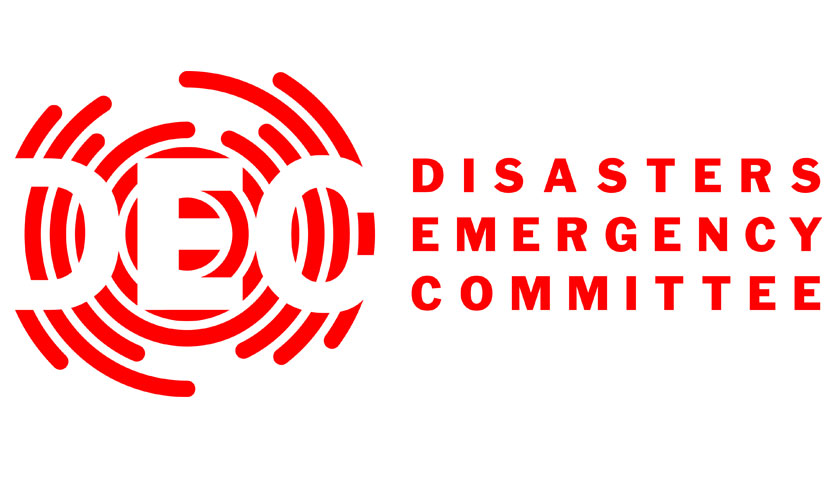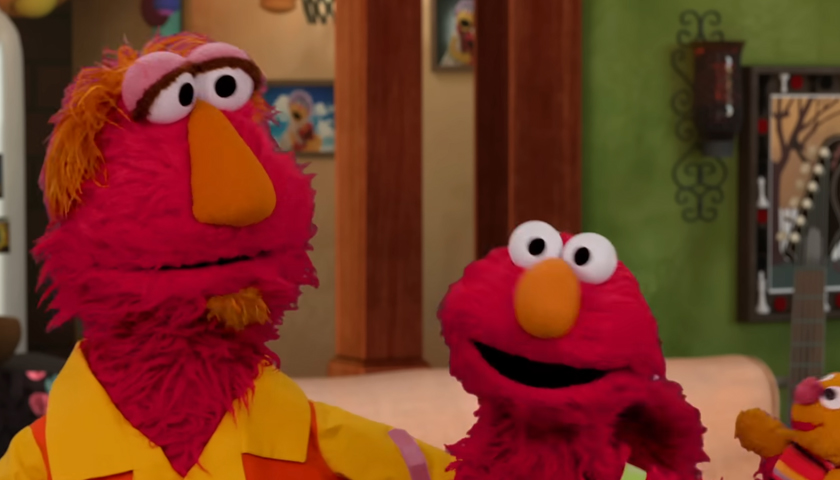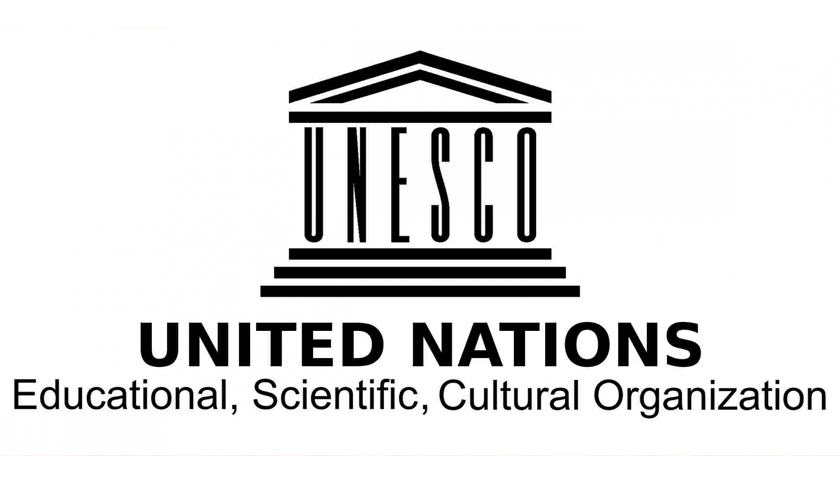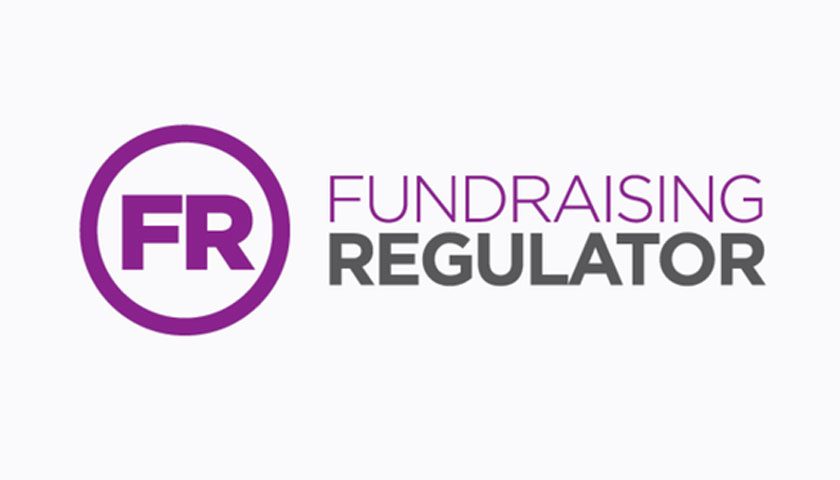The Disasters Emergency Committee (DEC) has launched a Coronavirus Appeal to raise funds to help the most vulnerable communities in the world fleeing from conflict and instability who now face the new deadly threat of Covid-19.
The DEC Appeal aims to protect people from the virus in the world’s five most fragile states, plus Afghanistan, the most fragile state in Asia, and the world’s largest refugee camp, in Cox’s Bazar, Bangladesh.
The UK-wide appeal is being driven by urgent humanitarian need – but also by “good sense”, Alexander Matheou, British Red Cross, Executive Director of International told journalists at the appeal’s press launch this morning.
“We’re not safe until we’re all safe,” he said. “The world is interconnected. We need to help each other in this time of need.”
Saleh Saeed, DEC Chief Executive, opened the virtual press conference and said that countries such as Yemen, Syria, Somalia and South Sudan have been weakened by years of war and instability and now face a “new, deadly, silent threat”.
In Yemen – where 50% of health services have been destroyed – the World Health Organization says 1 in 4 people who are contracting Covid-19 are dying. Here, the people face a “crisis on top of a crisis”, Oxfam’s Yemen Country Director Muhsin Siddiquey said.
He said Aisha, a young woman in northern Yemen, told his colleagues: “The coronavirus gives us two very cruel choices: to stay home and die from hunger or go out and die from disease.”
It is the first time that the DEC has launched an appeal for a disaster that has simultaneously affected both the UK and internationally. The DEC, which appeals for funds in response to overseas humanitarian crises, will help the most vulnerable people in six fragile states: Yemen and Syria; Somalia, South Sudan and the Democratic Republic of Congo; and Afghanistan, where a total of 24 million displaced people live in crowded temporary shelter.
The appeal also includes the Rohingya refugee camps in Bangladesh, which are one and a half times the population density of New York City – but with nothing like the equivalent health facilities or sanitation.
Saeed was joined by panellists from some of the DEC’s 14 member charities, including Action Against Hunger, ActionAid and Oxfam. Speakers included Dr Louisa Baxter, currently in Dhaka, Bangladesh, en route to Cox’s Bazar as part of the Save the Children Emergency Health Unit.
Saeed said: “Here in the UK, we’ve witnessed great suffering and made unprecedented sacrifices to protect each other and save lives. We have seen too the tireless dedication of staff in our amazing NHS.
“But, imagine living in one of the world’s most fragile states – where there is no NHS – and no other safety nets for the very poorest and most vulnerable.
“Families who have been forced to flee conflict, drought and floods – living in crowded refugee and displacement camps – with little access to clean water, medical care or enough food – now face a new, deadly and silent threat: Covid-19.”
Matheou said there was a triple “hit” creating the biggest humanitarian crises in the world today: pre-existing vulnerability exacerbated by the pandemic; the health impact of the virus itself; and new crises being caused by the secondary economic and social impact of the pandemic.
He said: “People who were already food insecure now face a major hunger crisis. People who were already poor have lost the little income they had. People who were dependent on aid are no longer getting that aid. People who were already at risk of domestic violence are now locked down with the people who threatened them.”
Speaking from Nairobi, Ahmed Khalif, Country Director, Action Against Hunger Somalia said that Somalia – which had already experienced severe droughts, flooding, conflict and locust infestation – was “one step” away from famine. He added that Covid-19 is creating “a perfect storm”, a humanitarian crisis of epic proportions that we have never seen before.
High rates of severe malnutrition, low access to basic services, and weak health systems, already formed a deadly combination in Somalia – and now they face Covid-19. He said his field teams were hearing of far higher cases in the camps than official figures suggested.
Farah Kabir, Country Director, ActionAid Bangladesh, said she was worried that coronavirus would spread like wildfire in the crowded Rohingya refugee camps in Bangladesh, with lack of clean running water, and difficulties with social distancing. The camps are one and a half times more densely populated than New York City, without any multi-story buildings. It is also in the middle of the monsoon season and it is raining heavily most days causing regular landslides, which could increase transmission of the virus.
She said that people are very fearful because they do not have access to accurate information and many are not coming forward to be tested – they worry they will be deported somewhere like an isolated and flood-prone island in the Bay of Bengal, where other refugees have been taken.
“All of us need to come together to support Rohingya refugees, because, if they are not safe, the host communities in Cox’s Bazar will not be safe and all of Bangladesh will not be safe.”
Siddiquey said there was also under reporting and lack of testing facilities in Yemen, so while official figures showed 1,500 cases and 425 deaths, in fact the UK Government estimates there might be as many as 1 million Covid-19 cases. He painted a picture of living conditions which were incredibly difficult to employ handwashing and social distancing.
He said: “20 million need water and hygiene assistance – with no clean water how can they be expected to keep hands clean? In one camp in southern Yemen in February I saw as many as 7 families members living in a tiny tent 3 x 4 metres – social distancing is not an option for most people.”
The press conference also heard from UK doctor Louisa Baxter, Senior Humanitarian Health Lead at Save the Children, who thanked the DEC for launched the much-needed appeal.
She said that Save the Children was working in Cox’s Bazar to ensure water points are in the right place and that cloth masks are distributed.
Baxter added: “What Coronavirus has done for me as a doctor is to remind me how terribly and wonderfully interconnected we are, and has exposed the fault lines that the most vulnerable walk every day, the marginalised, those living in conflict, those with food insecurity.”
She said the aid workers were currently trying to understand how the Rohingya community want to be taken care of, “how they want to live, and, when we can’t provide any further care, how they want to die.”
“We have a moment now to remember who we are to each other. And to remember what a child needs in New York or London, they also need in Congo or Afghanistan.”
Saeed paid tribute to the frontline workers in the seven places. “Thanks to all the frontline aid workers and frontline health workers in those countries who are obviously putting themselves at risk in order to save and protect lives.”
The 14 DEC member charities are already present and working in refugee and displacement camps, despite the many challenges presented by the pandemic. But they urgently need more funds to scale up their operations and save lives.
The BBC, ITV, Channel 4, Channel 5 and Sky will be broadcasting appeals today in support of DEC fundraising.
Every pound donated by the UK public will be matched by the UK government through its Aid Match scheme up to the value of £5 million. This support will double the impact of the public’s own donations and will ensure that charities working on the ground can reach more of the world’s most vulnerable people as they face the coronavirus pandemic.
To make a donation to the DEC Coronavirus Appeal visit www.dec.org.uk call the 24-hour hotline on 0370 60 60 900, or send a cheque. To donate £10 text SUPPORT to 70150. Texts cost £10 and the whole £10 goes to the DEC CORONAVIRUS APPEAL. You must be 16 or over and please ask the bill payer’s permission. For full terms and conditions and more information go to www.dec.org.uk



